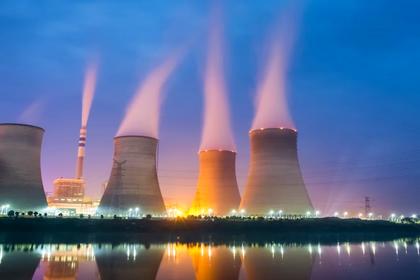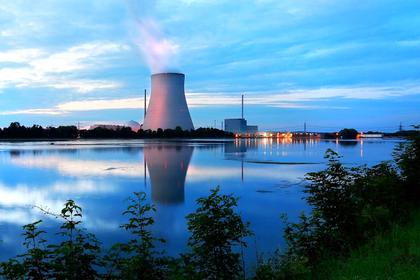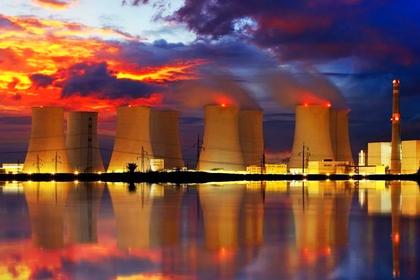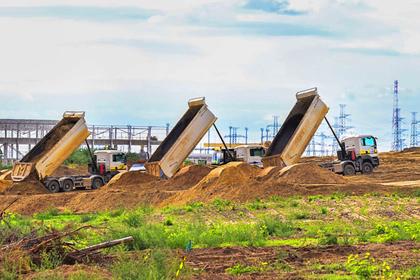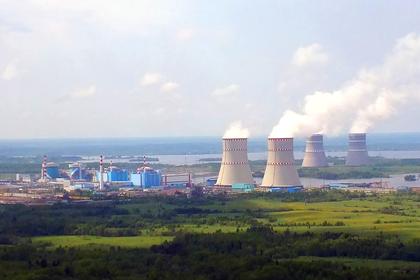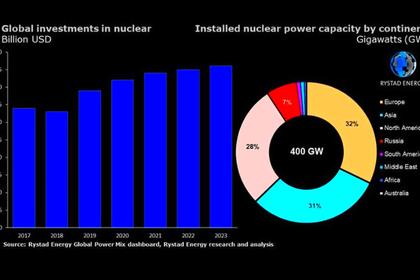
HUNGARY'S NUCLEAR SCHEDULE
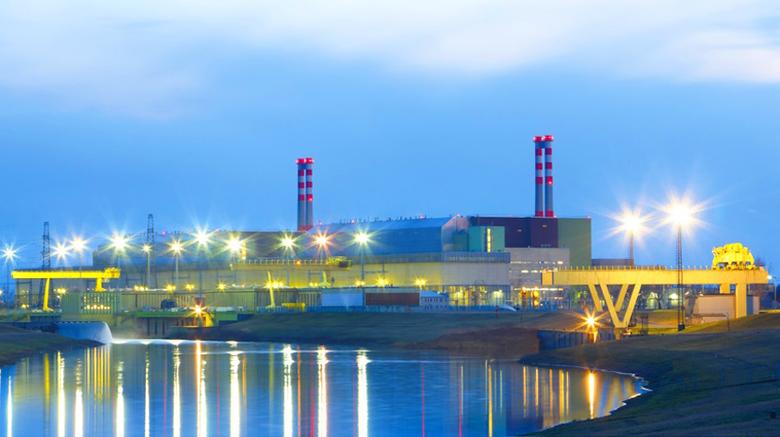
N - 16 November 2023 - Hungarian Minister of Foreign Affairs & Trade Péter Szijjártó said the construction phase of the Paks NPP expansion project is underway. At the signing of the construction timetable for the coming years, he told a joint press conference with Rosatom Director General Alexei Likhachev that the new units would begin operation in the 2030s. “We will be able to connect the new NPP to the grid at the start of the next decade,” he said.
The Paks II project was launched in 2014 by an inter-governmental agreement between Hungary and Russia for two VVER-1200 reactors (units 5&6) to be supplied by Rosatom. The contract was supported by a Russian state loan to finance the majority of the project. The Hungarian Atomic Energy Authority issued the licence for the units in August 2022. The following December, the Hungarian parliament also approved the extension of the life of the four existing VVER-440 power units at the Paks NPP for another 20 years. The current life of the station's operating reactors would have ended in 2032-2037, and now it is assumed that they will work until at least 2052-2057. Paks currently provides half of all generated and one third of the consumed electricity in Hungary.
Paks II is now the largest nuclear project in Europe with a construction permit, Szijjártó noted. As a result, Hungary will remain one of 20 countries in the world whose economies grow while they reduce harmful gas emissions, he said, explaining that the new units will avoid the emission of 17m tonnes of carbon dioxide a year.
Rosatom said in a statement that Russia has begun the manufacture of long-lead equipment for the plant. Some 800-900 people are expected to be working at the construction site by the end of the year, increasing to 2,000 by the end of 2024. At the peak of construction some 10,000-13,000 people will be working at the site, the statement added.
Szijjártó said Paks II it is a truly international project, noting that, in addition to the Russian main contractor, several American, German, French, Swedish, Austrian, and 94 Hungarian companies have been involved. He said excavation under the two planned units had been completed to a depth of five metres, and that the next target is to achieve a depth of 23–27 metres. In total, about 4m cubic metres of soil will be extracted.
At the beginning of November, work began on strengthening the soil in line with safety requirements. This work involves the use of up to 1m tonnes of cement. In parallel, along the perimeter of the foundation pit of the future units, the construction of a 2.7- km-long anti-seepage curtain is continuing to protect the construction site from penetration by groundwater. These works are planned to be completed by the end of 2023. In addition, 60 buildings will be erected in the next six months.
Likhachev stressed that there is no alternative to nuclear energy, which is now the most stable, the most predictable and the cleanest source of energy from an environmental point of view. “We are well aware that the international environment is not exactly friendly to Rosatom, but we are ready to implement this project to the maximum, despite external pressures,” he said. He confirmed that the units were expected to be completed in the early 2030s, by which time the training of the workforce will be complete and the fuel supply will be secured.
-----
Earlier:
